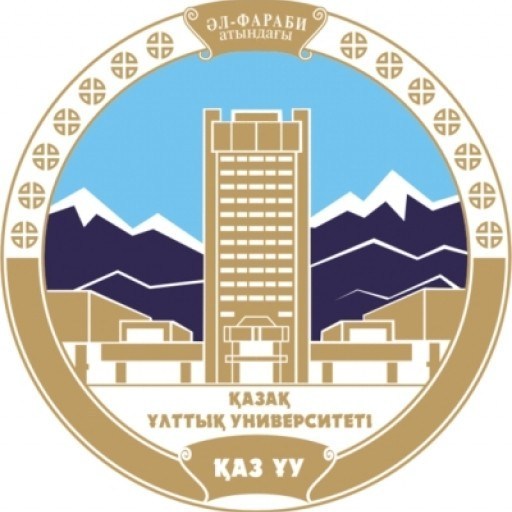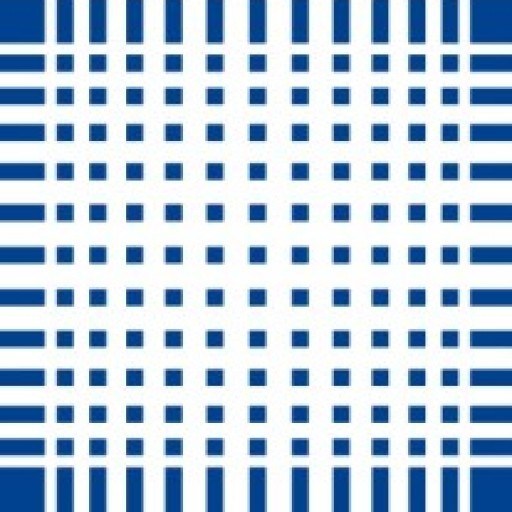Photos of university / #tallinnatehnikakorgkool
Control Systems Engineering at the University of Applied Sciences offers a comprehensive and practical education designed to prepare students for the dynamic field of automation and control technologies. The programme focuses on the design, analysis, and implementation of control systems used in various industrial and technological applications. Throughout the course of study, students gain a solid foundation in engineering principles, including mathematics, physics, and computer science, which are essential for understanding complex control processes. The curriculum combines theoretical knowledge with hands-on experience, enabling students to develop skills in programming, simulation, and real-world system integration.
Students will explore topics such as systems modeling, control theory, mechatronics, sensor technology, and signal processing. They will learn to utilize modern software tools and hardware platforms to design, analyze, and optimize control systems. The programme emphasizes the importance of safety, reliability, and efficiency in control engineering projects, preparing graduates to meet the challenges of working in sectors like manufacturing, robotics, automotive, aerospace, and energy management.
Throughout their studies, students participate in laboratory work, project assignments, and internships that foster practical skills and industry awareness. The curriculum also encourages innovative thinking and problem-solving approaches, enabling graduates to develop creative solutions to complex control challenges. Graduates of the Control Systems Engineering programme are equipped to pursue careers in research, development, and technical management, or to continue their education at the postgraduate level. The programme aims to produce highly qualified professionals capable of contributing to technological advancements and sustainable development in various engineering fields.
Control Systems Engineering at the University of Applied Sciences offers a comprehensive curriculum designed to equip students with the essential knowledge and practical skills required to design, analyze, and optimize complex control systems across various industries. The program emphasizes a strong foundation in electrical engineering, automation, and computer science, enabling graduates to address real-world challenges in manufacturing, robotics, automotive, and process control environments.
Throughout the course of study, students delve into fundamental topics such as classical and modern control theory, modeling and simulation of dynamic systems, digital and analog control devices, and signal processing. The curriculum integrates theoretical understanding with hands-on experience gained through laboratory work, project assignments, and internships. This approach ensures that students are well-prepared to develop innovative control solutions, troubleshoot system performance issues, and implement robust automation strategies.
Advanced coursework includes topics like adaptive control, nonlinear control systems, embedded systems, mechatronics, and multidisciplinary system integration. The program also covers programming languages relevant to control engineering, such as MATLAB, Simulink, and C++, fostering technical proficiency and practical application skills. In addition, students learn about industry standards, safety protocols, and sustainability considerations to ensure responsible engineering practices.
The program emphasizes teamwork and communication skills, encouraging collaborative projects with industry partners to simulate real-world engineering scenarios. Students have access to state-of-the-art laboratories and research facilities that support experimentation with sensors, actuators, control hardware, and software tools. These resources provide a practical environment for students to develop prototypes, test control algorithms, and analyze system performance.
Graduates of the Control Systems Engineering program are prepared for diverse career opportunities in automation, engineering design, systems analysis, and research and development. They can pursue roles in sectors such as manufacturing automation, automotive control systems, robotics, aerospace, and energy management. The program also provides a solid foundation for those interested in further academic research or postgraduate studies.
Overall, the Control Systems Engineering program at the University of Applied Sciences is dedicated to fostering innovative thinking, technical expertise, and professional skills necessary to contribute effectively to the evolving field of control engineering. By combining theoretical education with practical application, the program aims to produce well-rounded engineering professionals ready to meet the technological challenges of the future.
The Control Systems Engineering program at the University of Applied Sciences requires applicants to possess a strong background in mathematics and engineering fundamentals. Prospective students should have completed secondary education with a focus on science and technology subjects, demonstrating proficiency in calculus, physics, and technical drawing. Prior knowledge of computer programming and electrical engineering principles is advantageous for admission. The program demands a thorough understanding of system dynamics, control theory, and automation processes. Admission criteria also include practical experience or internships in relevant fields, which help applicants demonstrate their motivation and practical skills. Once admitted, students are expected to meet the coursework and project requirements outlined by the department, including completing core modules such as digital control systems, signal processing, mechatronics, and embedded systems. The curriculum emphasizes both theoretical foundations and hands-on laboratory work, ensuring students can design, analyze, and optimize complex control systems in real-world applications. Collaborative projects with industry partners are integrated into the program to enhance practical skills and employment readiness. Graduates are prepared to work in diverse sectors including manufacturing, robotics, automotive, and industrial automation, where they can apply their expertise in designing and maintaining advanced control systems. To successfully complete the program, students must accumulate a specified number of ECTS credits through coursework, projects, and internships, culminating in a final thesis that demonstrates research and application of control systems concepts. The program also encourages participation in seminars, workshops, and conferences to stay updated with technological advances. Continuous assessment and examinations are used to evaluate student progress throughout the course. The university provides support through academic advising, supplementary tutorials, and access to state-of-the-art laboratories, ensuring students are well-equipped to meet the challenges of modern control engineering.
Funding options for the Control Systems Engineering program at the University of Applied Sciences are varied and designed to support students throughout their studies. Firstly, students can apply for scholarships provided by the university based on academic achievement, financial need, or specific criteria such as leadership or community involvement. These scholarships can significantly reduce the financial burden and may cover partial or full tuition fees, as well as living expenses.
Secondly, there are government-supported student loans and grants available for domestic students, which can be accessed upon application through relevant national agencies. These financial aids often have favorable repayment terms and are aimed at making higher education accessible for a broader range of students. Additionally, some students may be eligible for regional or local government grants aimed at promoting technical education and innovation.
Thirdly, part-time employment opportunities within the university, such as research assistantships, teaching assistantships, or administrative roles, are available to enrolled students. These positions not only provide financial support but also valuable practical experience related to engineering and control systems. The university often collaborates with local industries and companies, offering internships or cooperative education programs where students can work in relevant fields while studying, which may be paid and help finance their education.
Moreover, many students seek external funding sources, including private foundations and organizations that support higher education in engineering and technology. Students are encouraged to explore scholarships and funding opportunities offered by industry partners, engineering associations, or international exchange programs that include financial aid components.
International students are also advised to explore specific scholarship programs designed for foreign entrants, as well as applicable grants from their home countries. Some students also consider crowdfunding campaigns or sponsorships from companies interested in cultivating future engineers.
In conclusion, the University of Applied Sciences offers multiple avenues for financing studies in Control Systems Engineering, combining university scholarships, government grants, part-time employment, industry collaborations, and external funding sources. Prospective students are encouraged to proactively research and apply for these opportunities early to effectively manage their financial commitments and focus on their educational goals.
Control Systems Engineering at the University of Applied Sciences offers students a comprehensive education in the design, analysis, and operation of control systems across various industries. The program emphasizes both theoretical foundations and practical applications, ensuring graduates are well-equipped to meet the demands of modern engineering environments. Throughout the course, students explore topics such as automation, mechatronics, instrumentation, and embedded systems, developing skills in system modeling, control algorithms, and real-time implementation. The curriculum typically combines lectures, laboratory work, project-based learning, and internships to foster hands-on experience. Students learn to optimize system performance, troubleshoot complex control problems, and apply innovative solutions to real-world challenges. The program aims to prepare graduates for careers in sectors like manufacturing, automotive, aerospace, robotics, and energy management, where control systems play a crucial role. Collaboration with industry partners during the program provides opportunities for practical exposure and networking, enhancing job prospects after graduation. The program is designed to meet the latest technological advancements and industry standards, ensuring students acquire relevant skills and knowledge. Graduates of Control Systems Engineering can pursue further research, technical specialist roles, or managerial positions, depending on their interests and career goals. The university often offers state-of-the-art laboratories, specialized software tools, and expert faculty to support student learning. Overall, the program seeks to develop highly competent engineers capable of contributing to technological innovation and sustainable development in the field of control systems.








